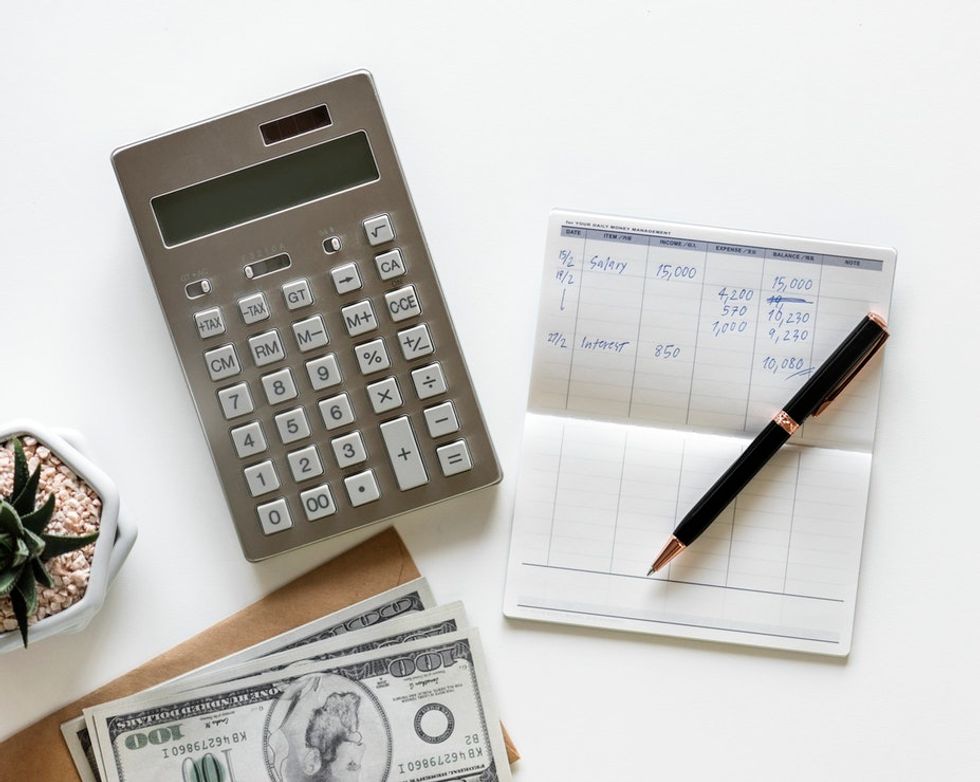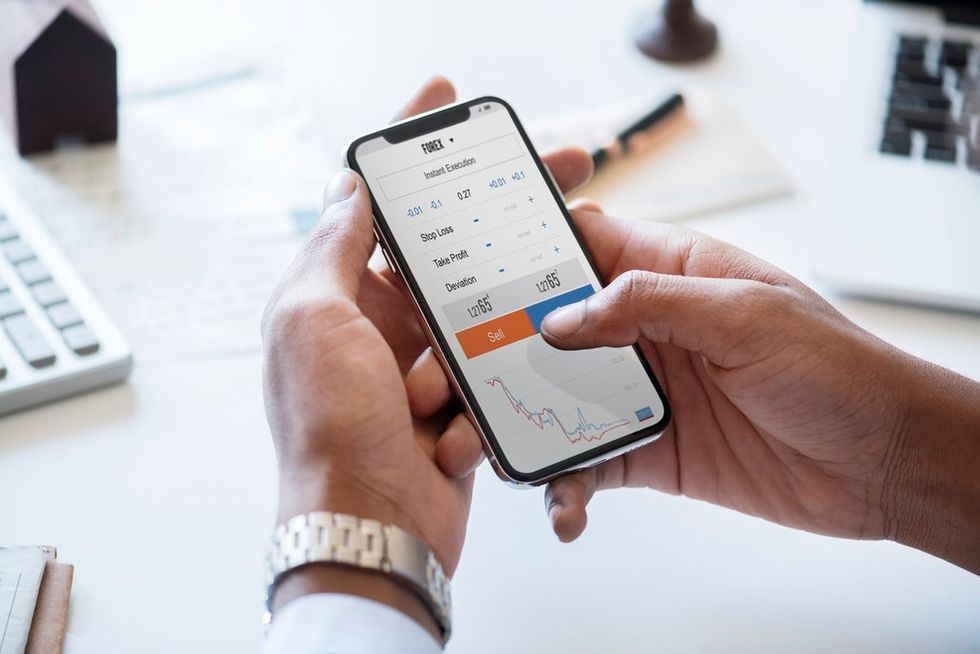Whether you are faced with a large amount of money in your bank account or a small amount, both require careful planning and proper management in order to be financially stable in any income you have. Here are seven of the most helpful tips for managing your money to get the most out of your financial situation.
1. Only buy what you need.
In order to be able to manage your money properly, you need to have healthy spending habits. Only buy the things you need. Don't go buy that tasty Subway sub for $10 when you have food at home to cook. You can't be spending money on useless stuff like that, and always remind yourself that if you don't really need it you shouldn't buy it.
2. Create a fun account.
Now, just because you don't need the new Apple air pods doesn't mean you can't get it. What I mean by this is you should have a separate budget for items or events you want that are just cool or fun. Save a certain amount of money a week and create a budget to be able to treat yourself every once and a while. Don't go crazy though - your "fun" budget shouldn't use the most money over time.
3. Budget.

No matter the amount of money you are making, you need a budget to know how much you can reasonably spend. Take a few minutes and look at your monthly income and write down a few categories most of your spending goes into. For example, a bills category. Have a chart of the categories and make sure you know the boundaries of what you can spend money on a what takes up most of your money.
4. Save cash.
Stay away from credit and debit cards. When you use cash, you physically see how much you are spending and feel don't tempted to buy something when you know you will have to give up your physical cash. Debit cards don't help foster wise spending habits because you just swipe and you're done. A number on your phone decreasing is a lot less painful than handing over a crisp 20. Also using cash helps you not overspend. Taking out a weekly budget in cash will not only keep you from overspending, but it also teaches you how to manage your money in a way where you don't spend all the cash since that has to last you a week.
5. Buy used when possible.
Don't buy something new when you can get the same item for way cheaper that has only been used a few times before you. Craigslist and various other websites sell used things for a fraction of the price you would find them for in an actual store. Take the time to shop around on the web and find the used version because saving $100 is worth 15 more minutes of browsing and a few more fingerprints than the new counterpart.
6. Remember the 3-day rule.
Whenever you are faced with the option to buy something, wait three days before you decide if you actually want it and pay for it. Sure that TV looks really nice right now, but in a week you'll regret wasting the money on it when you have a perfectly good one at home. The 3-day rule is perfect for impulse buyers because it forces you to go home and wait to get it. Most of the time, you'll forget you wanted it by the next day let alone day three.
7. Invest.

Invest your money. Not only in stocks, but also in yourself. Buy that computer programming course online so you can get the promotion at the job you desire. It's better to buy something that will benefit you in some way than spend money on something you'll get rid of in a week. Invest your money in ways that will improve yourself because, whatever that may be for you, it is the best purchase you can make and the wisest financial decision you'll have.



















